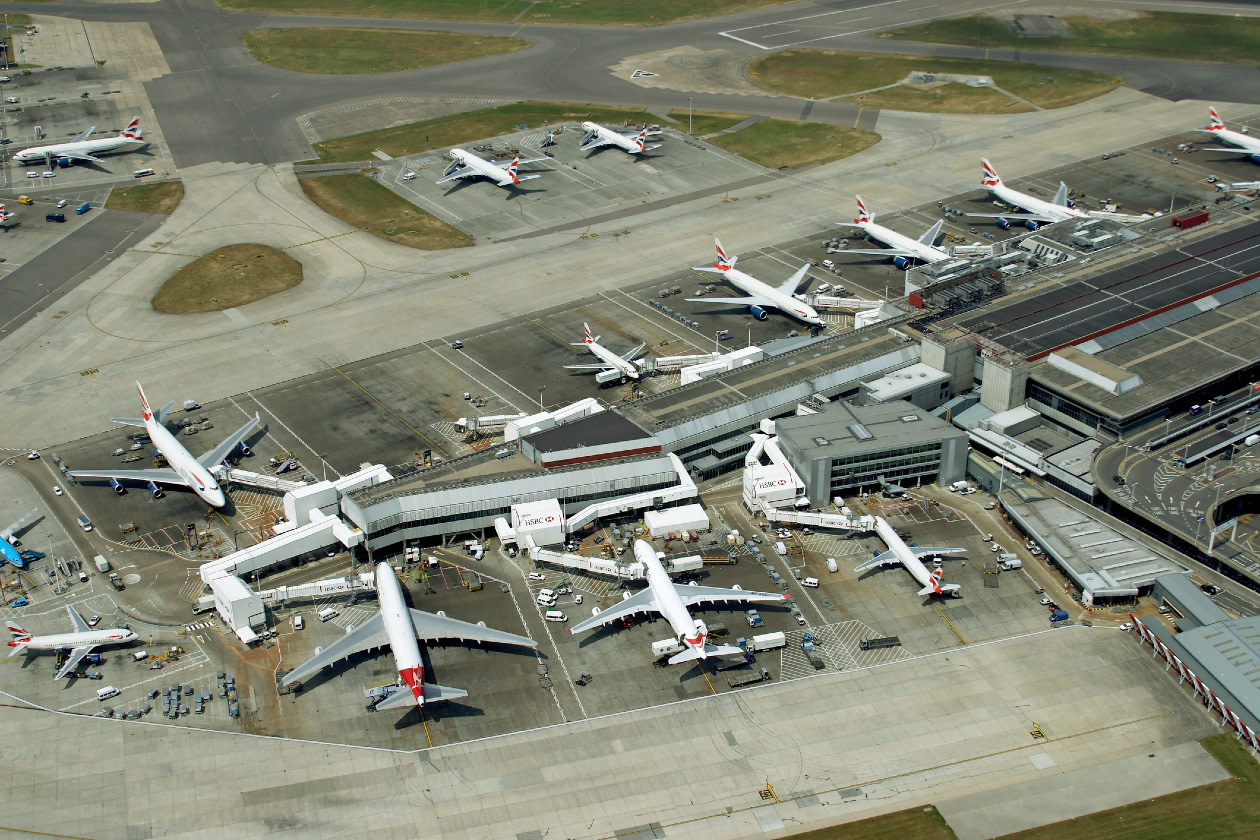Airbus’ revenue rose 6% to €13.5bn in the first quarter. All business units contributed positively, including double-digit growth from the Helicopters and Defence units.
The group delivered 136 (2024: 142) commercial aircraft in the quarter. Net orders of 204 aircraft pushed the order backlog up to 8,726 aircraft.
Underlying operating profit rose 8% to €624mn, ahead of market expectations, with growth driven by a return to profitability in the Defence unit.
Free cash outflows improved from €1.8bn to €0.3bn (€1.7bn outflow expected), but remains in negative territory reflecting plans to build inventory to support increased production. Net cash stood at €11.0bn, down from €11.8bn at year-end.
Full-year guidance has been maintained, but excludes the impact of tariffs and potential disruptions to global trade. The group expects to deliver “around 820” commercial aircraft and underlying operating profits of around €7.0bn.
The shares rose 2.2% in early trading.
Our view
Airbus had a great start to 2025, beating expectations across the board. And while deliveries have got off to a slow start, management seems confident that the pace will pick up and have reiterated full-year guidance.
At its core, Airbus builds aircraft using thousands of parts from companies worldwide. Market dynamics are very favourable given it’s dominated by just two companies, with the split standing at roughly 60/40 in Airbus’ favour. Meanwhile, high barriers to entry help to keep outside competition at bay.
Demand is strong as airlines try to upgrade their fleets after years of COVID-19 underinvestment. As a result, the order backlog rose to 8,726 aircraft at the end of the first quarter. That’s more than 11 times the number of planes Airbus delivered in the whole of 2024, giving the group great revenue visibility.
Issues with suppliers have been a major issue in recent times, with some struggling to keep up with the high demand. While that’s a problem affecting the whole industry, it does raise some concerns about Airbus’ ability to meet future guidance, weighing on investor sentiment.
Plans are afoot to remedy the situation, with Airbus set to acquire parts of one of its key suppliers. But to fully iron out the issues will require a lot of work, money and time, with that process not set to complete fully until 2028. As a result, there could be some weakness in the short term.
We should point out that current guidance excludes the impact of tariffs. We view the direct impact as likely to be a low single-digit percentage knock to the group’s €7bn underlying operating profit target this year. But the picture on tariffs has been changing quickly and is likely to continue doing so before year-end.
The Defence and Space division offers some diversification from the current macroeconomic uncertainty. After a tough period of write-downs, performance has picked up significantly, and the division is back to turning a profit. With Europe looking to ramp up its defence spending in the coming years, Airbus looks well placed to deal with the shifting landscape and increasing demand.
The balance sheet is in great shape, with net cash standing at €11.0bn. That means regular dividend payments are well covered, and we see scope for increased shareholder returns if cash levels remain this healthy. But remember, shareholder returns can vary and are never guaranteed.
The valuation’s sitting slightly above the long-run average, but we don’t see that as too demanding given its market position and strong demand outlook. If Airbus can iron out supply chain issues, there could be a long runway of growth ahead. But execution risk and the uncertainty surrounding tariffs means there could be some turbulence along the way.
Airbus key facts
All ratios are sourced from LSEG Datastream, based on previous day’s closing values. Please remember yields are variable and not a reliable indicator of future income. Keep in mind key figures shouldn’t be looked at on their own – it’s important to understand the big picture.
This article is not advice or a recommendation to buy, sell or hold any investment.No view is given on the present or future value or price of any investment, and investors should form their own view on any proposed investment.This article has not been prepared in accordance with legal requirements designed to promote the independence of investment research and is considered a marketing communication.Non - independent research is not subject to FCA rules prohibiting dealing ahead of research, however HL has put controls in place(including dealing restrictions, physical and information barriers) to manage potential conflicts of interest presented by such dealing.Please see our full non - independent research disclosure for more information.


